These single-use plastic products were banned on 1 March 2022
Expanded polystyrene (EPS) cups, bowls, plates and clamshell containers were banned from sale, supply or distribution in South Australia from 1 March 2022.
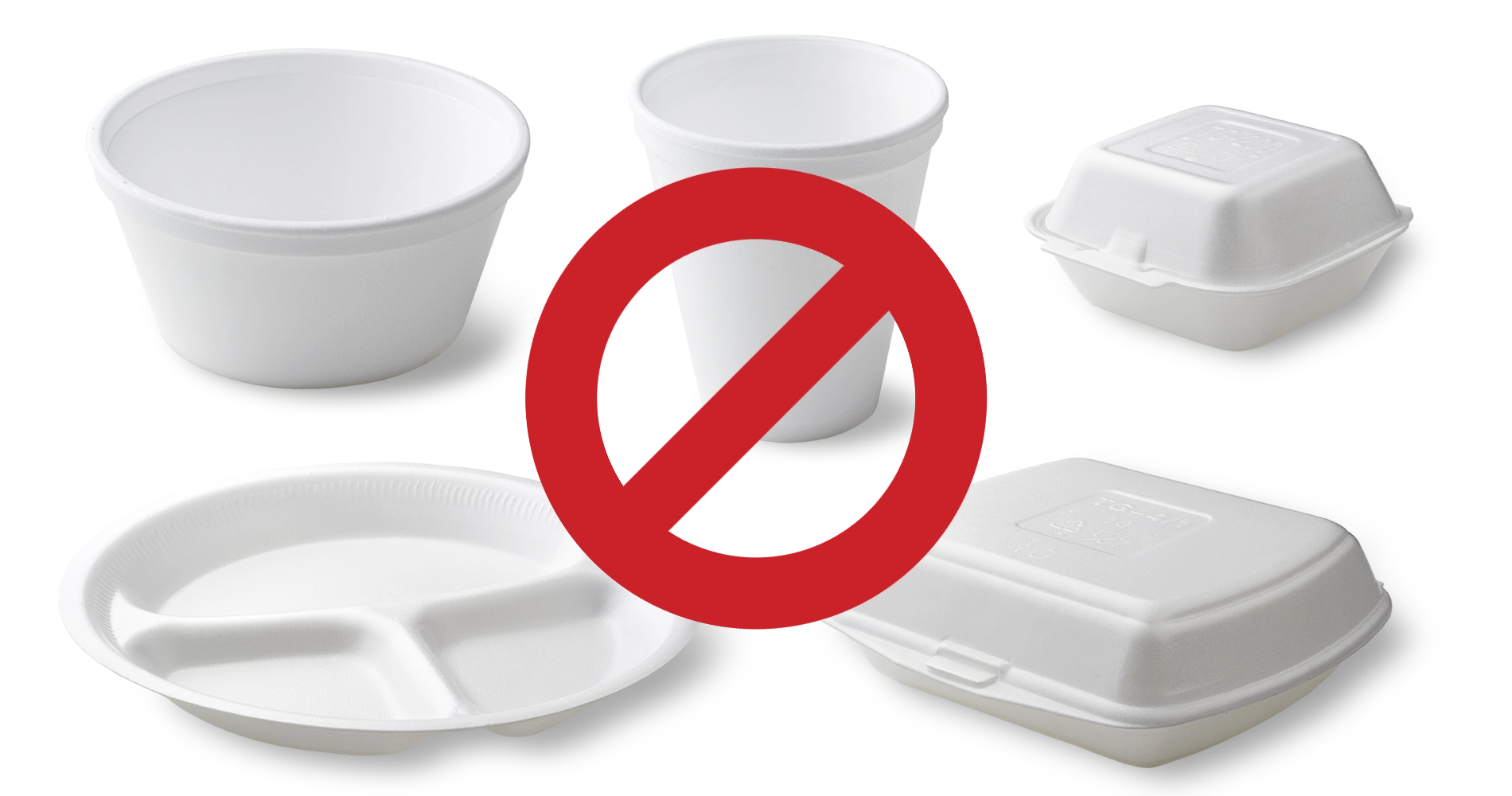
FAQs – EPS products
-
I have prohibited plastic items at home. Can I use these up?
South Australia’s single-use plastics legislation restricts the sale, supply or distribution of certain products.
It does not prohibit the use of items that have been purchased for personal use ahead of the bans commencing. Therefore, householders will be permitted to use up their supply of any of the prohibited plastic products they may have at home.
Before disposing of these items, you may like to consider whether they could be reused for other purposes prior to being discarded. For example, art, craft and science activities, or for growing seedlings.
It is an offence to sell, supply, distribute or manufacture oxo-degradable plastic products in South Australia from March 1, 2022.
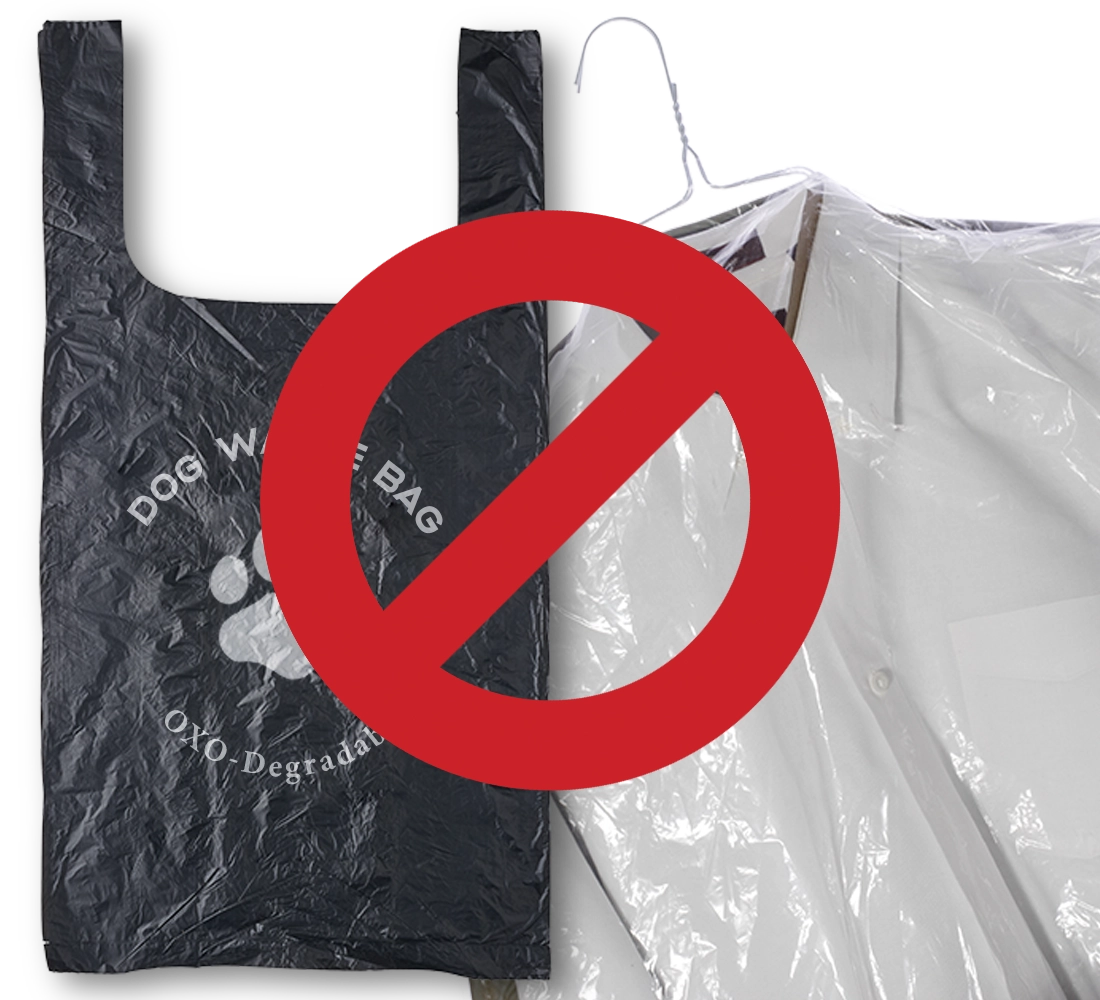
FAQs – Oxo-degradable plastic products
-
What types of products are known to contain oxo-degradable additives?
Plastic items that commonly contain oxo-degradable additives are:
- magazine wraps
- dry cleaning bags
- kitchen products (e.g. piping bags)
- bin liners
- garbage bags
- pet waste bags
- litter tray liners
- bubble wrap
- sticking tape
- padded envelopes.
-
How can I identify oxo-degradable plastic?
- Look for the term ‘oxo-degradable’ on the product or its packaging.
Other terms that could suggest that the product is a prohibited product in South Australia include: ‘oxo-biodegradable, ‘degradable’ and ‘fragmentable’ – plus many other terms.
Further information may be required to determine if these products are prohibited in SA.
- Look for information about what the products claims to do. For example, does it claim to ‘fragment’ but isn’t certified compostable? Does it ‘break down’ in the open environment (on land or in water), but also contains fossil fuel-derived plastic?
- Look for logos that can tell you it ISN’T oxo-degradable.
The following logos indicate that a product is certified compostable to Australian Standards and is NOT oxo-degradable.


- If you are still unsure whether the product is an oxo-degradable plastic product, please contact us for further guidance.
-
How is oxo-degradable plastic defined in the legislation?
In the legislation, oxo-degradable plastic means:
‘a material (however described) made of plastic which includes additives to accelerate the fragmentation of the material into smaller pieces, triggered by ultraviolet radiation or heat exposure, whether or not this is, or may be, followed by partial or complete breakdown of the material by microbial action’.
See the legislation in full.
ALTERNATIVES
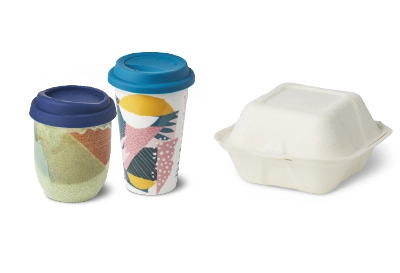 .
.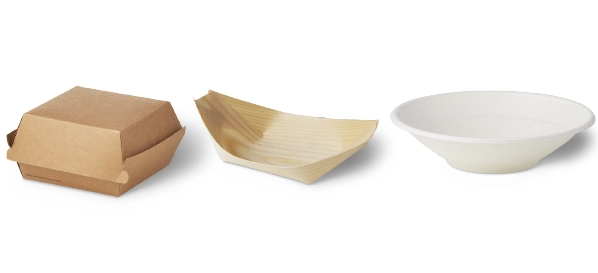
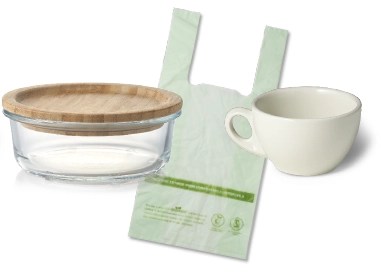
Follow the link for information on reusable and compostable alternative.
ALTERNATIVES


 .
.




